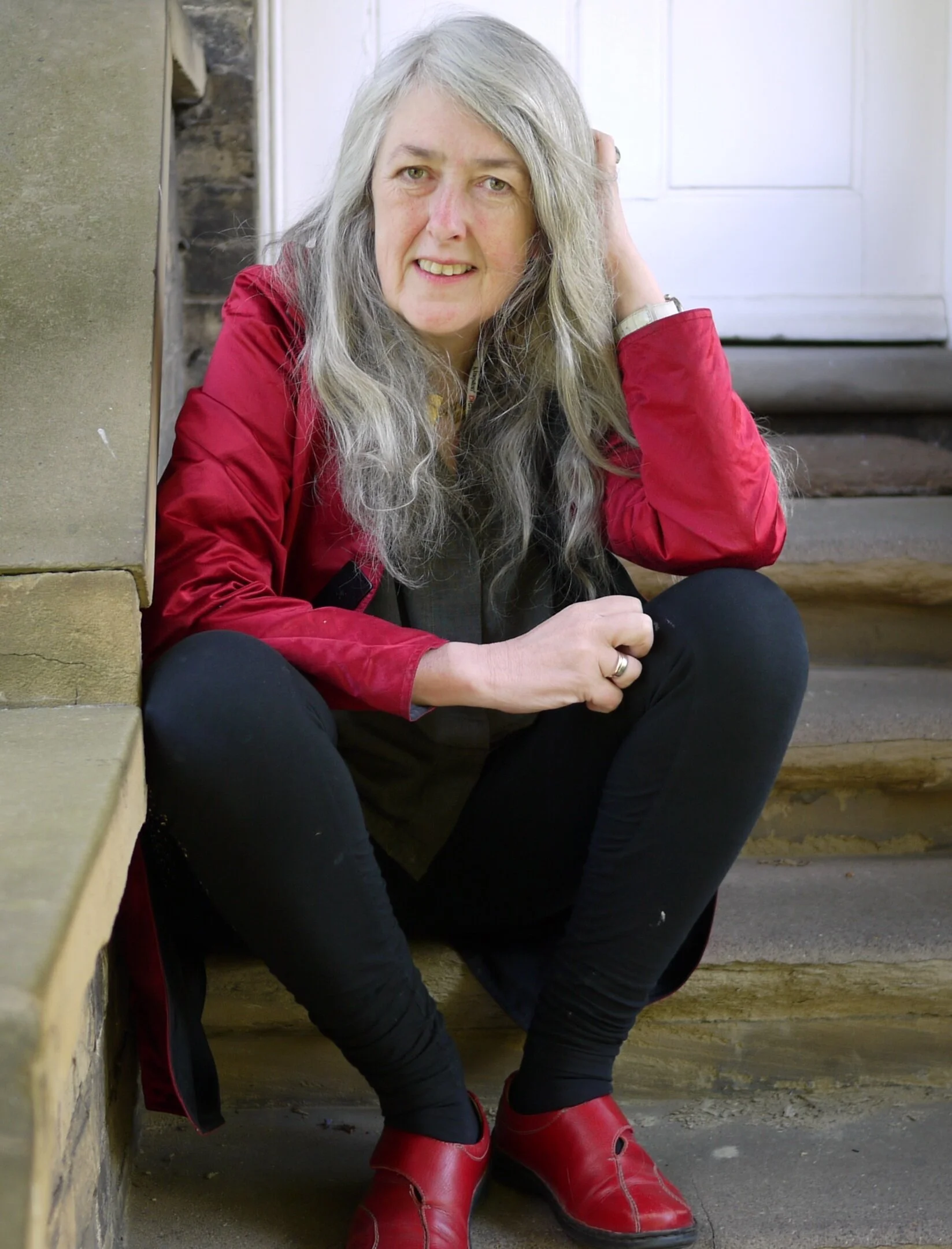Change the focus to challenge the status quo
I can’t understand why so many women are desperate to make themselves look younger
Dame Winifred Mary Beard, DBE, FSA, FBA, British scholar and professor of Classics at the University of Cambridge
Mary Beard, the British professor of Classics at the University of Cambridge is one of the most iconic, over-60 women we have around - with her unmistakable gray locks, blunt speech, declared affiliation with feminism, and bottomless collection of interesting things to say. I got in touch with her because her essay “Women in Power” sparked my imagination (you can enjoy her live reading here). Her quest to discover “how and why we think the way we do” relative to women and power had, in my mind, something in common with “how and why we think the way we do about older women.”
In particular, at the very beginning of the essay, she described the most ancient recording we have, dating back three thousand years, of a “young bloke who tells a middle aged woman to shut up.” In Homer’s Odyssey, Telemachus silenced his mother: an exercise of power and essential part of growing up as a man in the age of Antiquity.
If you flip the coin: silencing our aging population is an act of power and women bear the bigger share. Mary experienced the situation directly and has been trolled on Twitter, but contrary to the advice that women have received for centuries, i.e. not to answer back, she didn’t block her opponents because, she wrote: “It feels to me like leaving the bullies in charge of the playground.”
So, here’s our brief, but precious exchange of ideas.
All the goddesses were young and fair. What about the representation of older women?
I think that you have a point here. The absence of an old goddess does suggest the powerlessness of older women, but equally goddesses are ageless.
Your book Women and Power traces the roots of the cultural template of women's relationship with power. Did aging allow women to get a fairer share or not?
I think not. You might say brutally that, for the ancients, the post-menopausal woman had outlived her usefulness.
Shame is a mechanism of control and aging adds an extra layer of negativity. Because men dictate the picture, do you think that the stigma of aging is used as a way to prevent older women (now free from the care of children) from gaining power?
I am not sure that it is shame, but I do think that even now we have inherited from the ancient world the idea that older women are past their usefulness. Older men have the aura of authority, older women don’t.
On the other hand, there's a sort of liberating exhilaration in realizing that, when we age, we're escaping through the mesh of the beauty myth designed to constrain and control women. Do you think that feminism should embrace aging as a way to change the focus in order to challenge the status quo?
Personally I feel exactly that, and I can’t understand why so many women are desperate to make themselves look younger. It is great not to menstruate any longer, like have four days a month given back to you.
You are a beautiful example of a confident and intelligent person that women to look up to. What are the unexpected gifts that aging is bringing along?
As I said in the previous answer, no menstruation! But also, one doesn’t feel as fragile. In some ways, I don’t feel any older than when I was 24, but I recognize that I am more resilient. I don’t care quite so much about what people say about me. Actually, I still care a bit, but with measure!
